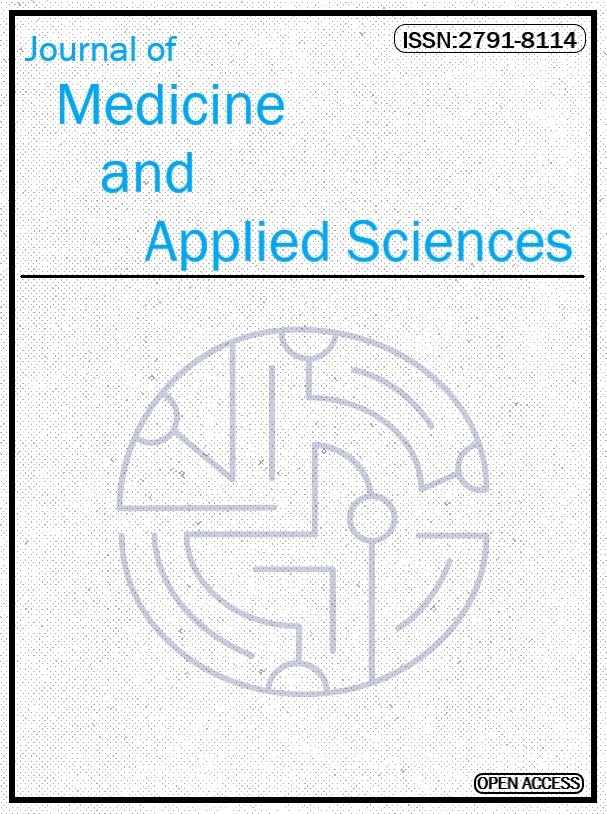Üniversite Öğrencilerinde Depresyon ve Başa Çıkma Mekanizmaları: Karşılaştırmalı Analiz
Depression and Coping Mechanisms among University Students
Anahtar Kelimeler:
Başa çıkma mekanizmaları- üniversite öğrencileri- depresyon yaygınlığıÖzet
Bu çalışmanın temel amacı, depresif ve depresyonu olmayan bireylerde olumsuz bir duygulanım durumu ve sonraki yaşam sorunları ile karşılaştıklarında kullanılan çeşitli başa çıkma tekniklerinin sıklığını tahmin etmek ve belirlemektir. Bu çalışmada, medya, eczacılık, tıp ve ekonomi olmak üzere dört fakülteden rastgele örnekleme yöntemiyle seçilen 2. ve 3. sınıf öğrencileri olmak üzere toplam 379 öğrenci seçilmiştir. Üniversite öğrencilerinin depresyon prevalansı %26,4 çıkmıştır, en yüksek tıp öğrencilerine aittir (%42). Erkeklerde ve kadınlarda depresyon düzeylerinin anlamlı olmadığı (p=0,3, >0,05) ve erkeklerde madde kullanımı dışında baş etme mekanizmalarının olmadığı (p=0,03, <0,05) bulundu. Başa çıkma teknikleri depresif öğrenciler ve depresif olmayan öğrenciler için önemli ölçüde farklıydı, depresif öğrenciler uyumsuz başa çıkma yöntemlerini kullanma eğilimi sergilediler, örneğin: kendini suçlama %58 (n=220), dışa vurma %57 (n=216) ve %54 inkar (n=205). Buna karşılık, depresyonu olmayan öğrenciler uyarlanabilir başa çıkma tekniklerini çok daha sık uygulamışlardır, yani aktif başa çıkma (%64 (n=243)), planlama (%61 (n=231)) ve kabullenme (%61 (n=231)) teknikleri. Depresyon prevalansının tıp öğrencileri arasında en yüksek olduğu ve stres, tıbbi hayatın zorlukları gibi faktörler tespit edildi.
İndir
Yayınlanmış
Nasıl Atıf Yapılır
Sayı
Bölüm
Lisans
Telif Hakkı (c) 2021 Journal of Medicine and Applied Sciences

Bu çalışma Creative Commons Attribution-NonCommercial-NoDerivatives 4.0 International License ile lisanslanmıştır.



